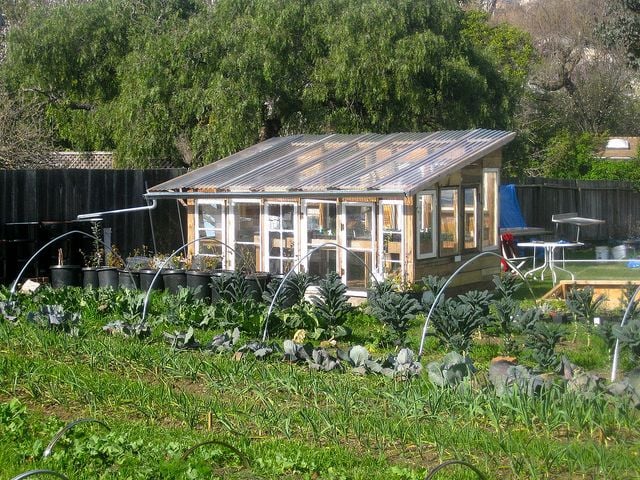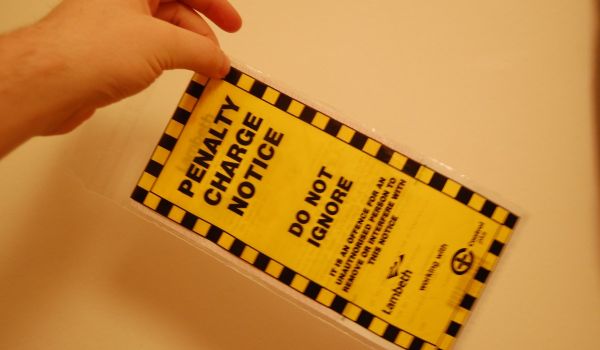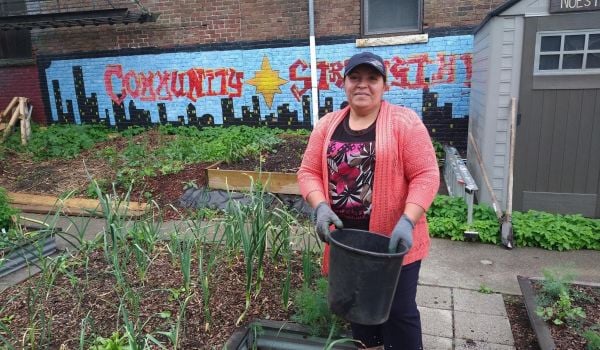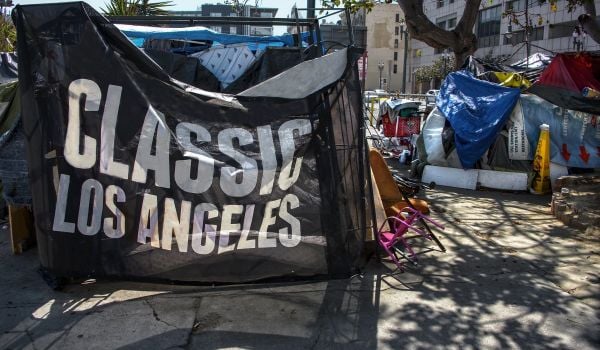A Friday rally in San Francisco’s Mission Terrace neighborhood anticipated a new law that could have urban farms popping up on vacant lots all over California.
State lawmakers made it a little easier for larger cities to encourage small-scale urban agriculture when they passed AB 551, a bill allowing local governments to give tax breaks to farms that commit to at least five years of food production. Gov. Jerry Brown signed the bill, which I previously wrote about in a roundup of vacant land strategies, on September 28.
“It was amazing how well received it was and a good sign for what lies ahead for urban farming,” state Assemblyman Phil Ting told me during the rally at Little City Gardens, a .75-acre urban farm. “Many of my Republican colleagues come from more rural areas with much more farming, and were excited by the prospect of more farming in California’s cities.” According to Ting, the only opposition to the bill came from the California Assessor’s Association — not because of any concerns about farming, but because the group objected to additional tax carve-outs for property.
The bill played host to several compromises along the way. An early draft applied to all urban farms, but the version that passed into law deals only with farms no larger than three acres. It formerly concerned all cities in California, but was later amended to only apply to those of 250,000 or more — which means it should affect 13 cities. Lastly, contracts entered into after the start of 2019 will not be enforceable, although any agreement made before the end of 2018 will be enforceable for “the duration of the contract.”
The bill is not a complete tax writeoff. In fact, the tax incentive will vary by city — the more valuable a city’s acreage, the greater the incentive for a landowner to enter into an Urban Agricultural Zone Covenant. Under the legislation, if a city opts in, it could then tax land designated for urban farming at the average value per acre of irrigated farmland in the state, as determined by the Department of Agriculture’s National Agricultural Statistics Service. For a city such as San Francisco with very high property values, the tax savings could be dramatic.
Ting said that advocates for the bill in Sacramento described it as a blight-fighting tool. “That’s how we talked about it,” he said. “We have studies in New York that show property values significantly increase in adjacent properties.” He went on to argue that the legislation will ultimately be revenue-positive for cities that choose to pursue the strategy, as it both increases value in the surrounding area and decreases costs for cleanup, maintenance and public safety.
“It’s just so much nicer for our neighborhoods,” Ting said.
Brady Dale is a writer and performer living in Brooklyn. You can find him on Twitter at @BradyDale.
Brady Dale is a writer and comedian based in Brooklyn. His reporting on technology appears regularly on Fortune and Technical.ly Brooklyn.
















